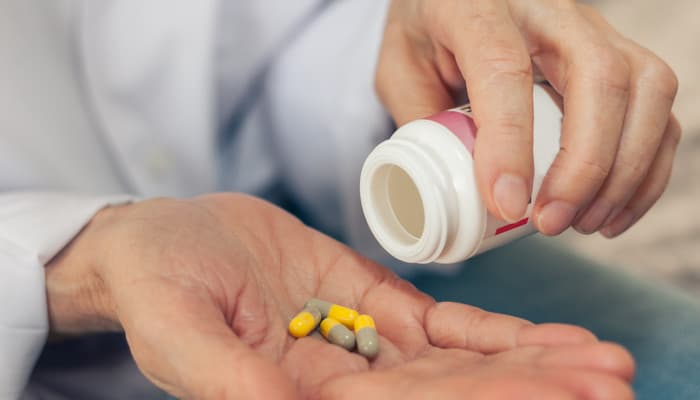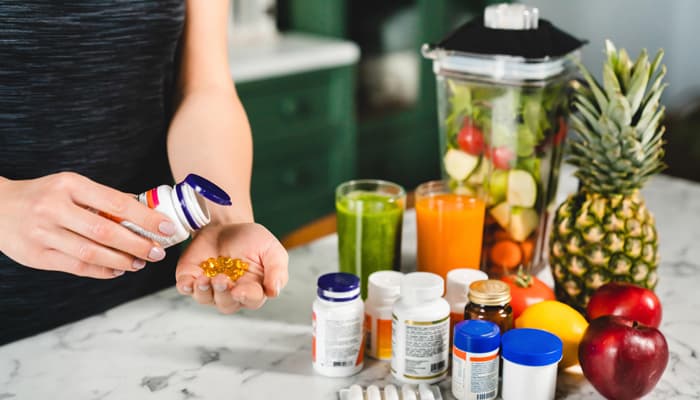
We’ve all been there: one too many drinks with friends, a celebratory toast that turns into a morning headache, and a vague sense of regret as your alarm goes off. Hangovers aren’t just uncomfortable—they can leave you feeling drained, foggy, and downright miserable. But before you reach for that greasy breakfast or skip your morning entirely, there are science-backed steps you can take to bounce back faster and minimize the effects.
What’s Actually Happening in Your Body
Understanding what a hangover does to your body makes it easier to know how to fix it. When you drink alcohol, your body treats it as a toxin. Your liver works overtime to metabolize ethanol into less harmful compounds, but in the process, it produces acetaldehyde, a byproduct that’s even more toxic than alcohol itself. Meanwhile, alcohol acts as a diuretic, causing you to lose fluids and electrolytes, and it disrupts your sleep cycle, even if you technically “slept enough.”
All of these factors combine to create the classic hangover symptoms: headache, fatigue, nausea, dizziness, and a brain fog that makes even simple tasks feel Herculean.
Hydrate, Hydrate, Hydrate

The first and most important step is to rehydrate. Alcohol-induced dehydration is the main culprit behind headaches and fatigue. Drinking water first thing in the morning is essential, but it doesn’t have to stop there. Electrolyte drinks—like coconut water, sports drinks, or even a homemade mix of water, a pinch of salt, and a squeeze of orange juice—can help restore the minerals your body lost overnight.
Sip steadily rather than chugging. Rapid intake can upset your stomach if you’re already feeling queasy. Keep a water bottle handy throughout the day, and aim to replace the fluids you lost.
Eat Smart, Not Greasy
Contrary to popular belief, a greasy breakfast isn’t a cure-all. While bacon and eggs might feel comforting, your body actually benefits more from nutrient-rich foods that are easy to digest. Bananas, for example, are high in potassium, an electrolyte depleted by alcohol. Toast or oatmeal provides complex carbs to stabilize blood sugar, and eggs contain cysteine, an amino acid that may help break down hangover toxins.
Small, frequent meals are often easier to tolerate than a heavy plate of food. Keep snacks like fruit, yogurt, or nuts nearby so you can eat a little at a time.
Pain Relief: Use Wisely

Headaches and muscle aches are common hangover symptoms, and over-the-counter pain relievers can help. Acetaminophen (Tylenol) should be avoided on an empty stomach or if your liver is stressed, since alcohol can already strain it. Ibuprofen (Advil, Motrin) or aspirin may be safer options, but take them with food to protect your stomach lining.
Always follow the recommended dosage, and avoid mixing medications with more alcohol. Remember: pain relievers ease symptoms—they don’t “cure” the hangover.
Get Moving (Lightly)
Exercising may seem counterintuitive when your head is pounding, but light movement can improve circulation and help your body metabolize toxins faster. A gentle walk, some stretching, or light yoga can boost endorphins, which may improve your mood and reduce fatigue. Avoid intense workouts, though—they can stress your already dehydrated body.
Boost Your Vitamins

Alcohol depletes certain vitamins and minerals, especially B vitamins and magnesium. Taking a multivitamin or enjoying foods rich in these nutrients can help your body recover. Spinach, leafy greens, whole grains, and nuts are great natural sources. Some people find vitamin B complex supplements particularly useful for hangover recovery, though research is mixed. Either way, supporting your nutrient intake helps your liver and metabolism get back on track.
Rest Strategically

Even if you slept poorly last night, extra rest today can help. Short naps, if your schedule allows, can improve alertness and mood. Avoid oversleeping, which can sometimes worsen grogginess, and try to maintain exposure to natural light during the day to reset your internal clock.
Preventative Tips for Next Time
While the morning-after strategies help, prevention is always better. Dietitians and health experts suggest:
Drink water between alcoholic beverages – This slows dehydration.
Eat before drinking – A solid meal can slow alcohol absorption.
Choose lighter drinks – Clear liquors like vodka or gin often cause fewer hangovers than dark spirits.
Know your limits – The best way to avoid a rough morning is moderation.
When to Seek Help

Most hangovers improve within 24 hours with hydration, food, and rest. However, if you experience extreme vomiting, confusion, rapid heartbeat, or signs of alcohol poisoning, seek medical attention immediately. Your body can only process so much alcohol at a time, and serious symptoms aren’t something to tough out.
The Takeaway
Hangovers are uncomfortable, but they’re temporary—and manageable with the right approach. Hydrate first, eat nutrient-dense foods, manage pain safely, and move or rest as your body allows. Supporting your liver and replenishing electrolytes can dramatically reduce the misery of the morning after.
Ultimately, the best advice is prevention. Drink mindfully, pair alcohol with food and water, and know your limits. But if you do find yourself in a hangover situation, following these steps can make the day more tolerable—and might even leave you feeling back to normal by evening.
